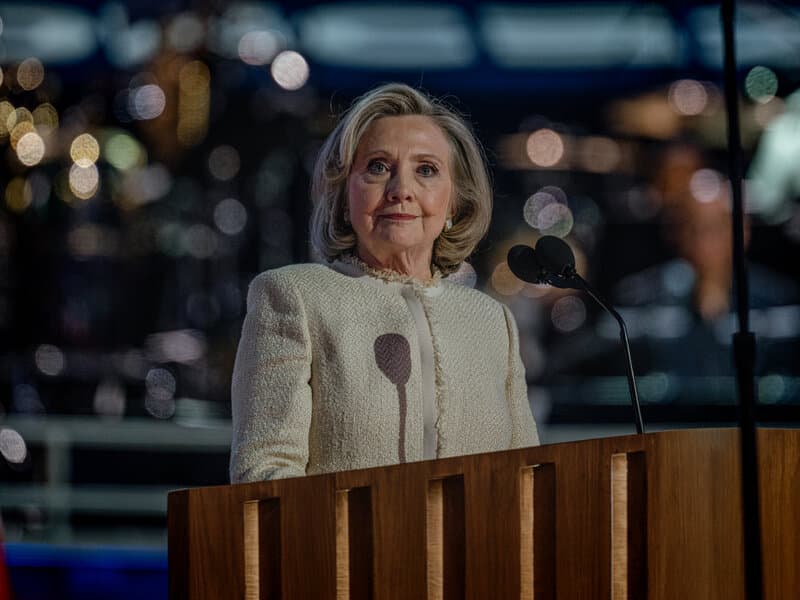Global Backlash Threatens Women's Rights Progress in 1 in 4 Nations, Clinton Warns

Hillary Clinton recently emphasized the critical link between women's rights and democratic stability, stating that "fighting for democracy" and "fighting for women" are inextricably connected. "If you are fighting for democracy, you are fighting for women. And if you are fighting for women, you are fighting for democracy. They go hand in hand!" she asserted in a recent social media post. Her remarks coincide with the release of a new report co-founded by her initiative, highlighting both advancements and significant setbacks in global gender equality.
The former Secretary of State's comments underscore findings from the "Beijing+30: A Roadmap for Women’s Rights for the Next Thirty Years" report, produced by Columbia University’s Institute of Global Politics Women’s Initiative, which Clinton co-founded. This report, alongside a comprehensive review by UN Women, marks 30 years since the landmark Beijing Declaration and Platform for Action. It reveals that while 1,531 legal reforms advancing gender equality were enacted between 1995 and 2024 across 189 countries, a concerning trend of regression is emerging.
According to the UN Secretary-General's report, nearly a quarter of nations reported a backlash on women’s rights and gender equality in 2024. This regression is often linked to a global resurgence in authoritarianism, where the weakening of democratic institutions frequently correlates with efforts to roll back women's freedoms. Examples cited include attempts to remove femicide from penal codes, overturn bans on female genital mutilation, and renewed exclusion of women from public life.
Clinton, who famously declared "women's rights are human rights" in Beijing in 1995, continues to advocate for women's full participation as essential for peace, prosperity, and sustainable development. The "Beijing+30" report outlines policy priorities for the next three decades, focusing on democracy and human rights, technology, economic participation, and conflict and climate. It stresses the urgent need for sustained action and increased investment to counter the current challenges and fulfill the promise of the original Beijing Platform.